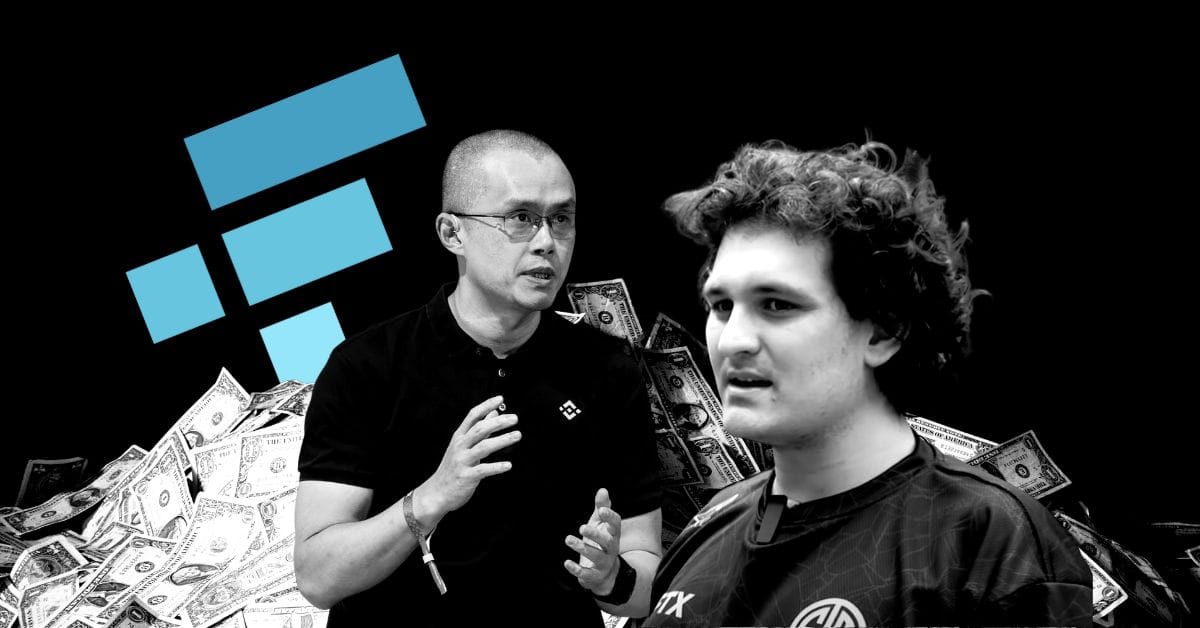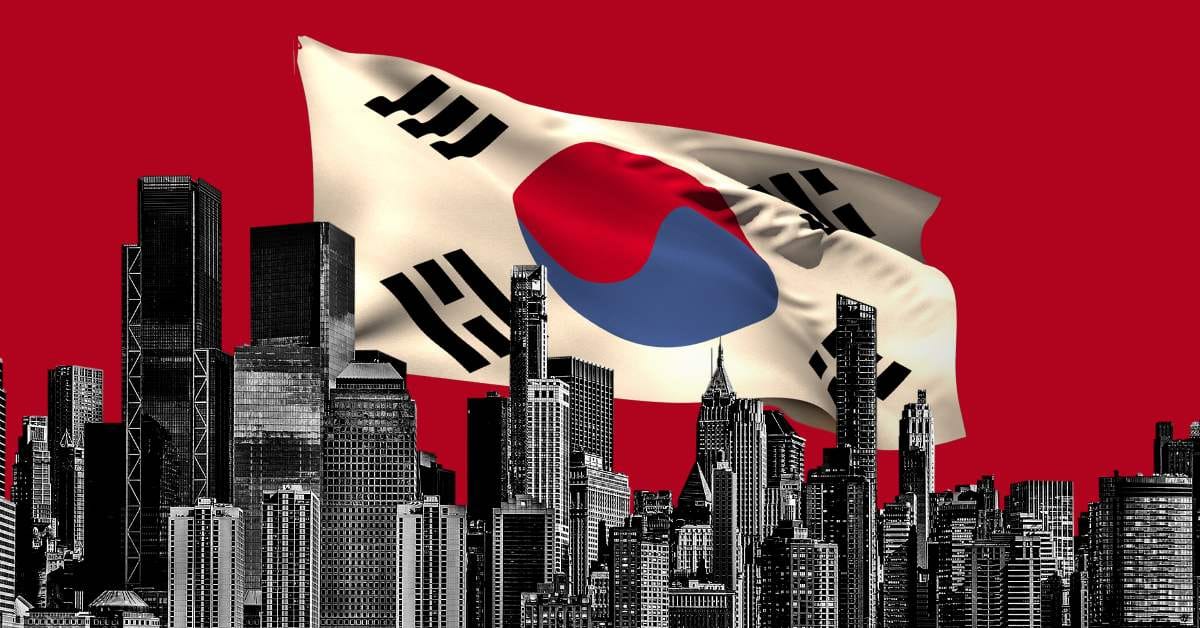Editor’s Note: This story is a part of Peak, The Athletic’s new desk covering leadership, personal development and success through the lens of sports. Peak aims to connect readers to ideas they can implement in their own personal and professional lives. Follow Peak here.
When Olivia Smoliga failed to qualify for the Olympics last year, she felt a triple threat of emotions: embarrassed, angry, disappointed.
Smoliga, now 30, had sat atop the swimming world for years. She was the first female high school swimmer to crack 22 seconds in the 50 freestyle and just missed making the 2012 Olympic team at only 17 years old. She set school records at the University of Georgia, finishing her college career as the SEC Female Swimmer of the Year. And she competed in both the 2016 and 2020 Olympic games, winning gold in the 4 x 100 medley relay in 2016.
So when she didn’t make the team at the U.S. Olympic Trials in 2024, she felt defeated. But then something else happened: Everything started to click.
Instead of spiraling, as she might have done in the past, she navigated her feelings with a sense of curiosity and an openness. She journaled. She meditated. She reflected and set new goals. On the other side of that initial disappointment and embarrassment, she emerged with an idea: A new space for young swimmers to learn about the mental tools that had helped her.
It has been several months since the launch of Smoliga’s In Depth Swim Academy, and I wanted to talk to her about the why behind everything: Why, to her, do all roads lead to self-improvement? Why does she believe younger generations are the ones who can especially benefit from that idea? And why did completely reversing her mindset change everything?
Something you said recently: “In order to sustain a championship mentality, you’re going to fail and that’s a good thing.” Can you explain that?
Yeah, it took awhile for me to actually believe it and actually want to hear it and actually implement it. Because they’re almost opposite sides of the same coin.
We want to build champions. We want to win. You’re not going up behind the blocks like, “I want to fail today so that I can learn and grow!” That’s obviously not the first thought. But just being able to shift the perspective to be like, “OK, if you do make a mistake, you do actually get to learn from it and you do get to grow.”
How did you get that perspective?
One of my biggest inspirations is Kobe Bryant. And Giannis Antetokounmpo. They have both been such great inspirations. When Kobe passed, it was the first year of my professional career and I was feeling quite lost. I wasn’t in a collegiate program anymore; I was only swimming for myself. So that added an extra bit of pressure, and I just was seeking inspiration anywhere I could find it.
I was looking at YouTube videos of Kobe talking about, “What is failure? There is no such thing as failure. What are you talking about?” And it wasn’t even in his vocabulary. When I started to realize that, I’d be like, “OK, let’s say I made a mistake, that’s amazing.” Because I get to learn from it and I get to grow and I get to apply it the next time I go to practice or a meet.
And it’s a childlike curiosity that I’ve been really intentional with implementing into my life and expressing to my students at In Depth Swim Academy. To be curious about their shortcomings. Because you’re just going to be able to get to know yourself better.
I think that’s the reason we’re alive: To get to know ourselves. To just love ourselves, our ins and outs, our weaknesses and strengths, how we handle ourselves when we are faced with defeat or triumph. So this whole journey, or swimming, has just been an avenue to get to know myself.
How do your swimmers respond to that? That idea of being curious about shortcomings?
I can share a little story of this childlike curiosity from the academy. We break up the sessions with groups. So 9- to 12-year-olds are our first group; the older group is 13 to 18. And we run them through a goal-setting workshop and we start with awareness.
So: “What are the thoughts that naturally pop up in your head after you have a bad race or a tough practice?” The 9- to 12-year-olds, when I ask them, are like, “Oh, I’m just going to try again. I’m just going to go back and do better.” And there’s such a difference within two to three years, when the pressure is higher, and you start to be like, “Oh, I’m actually good at this sport, so now I have this pressure to win.”
So I ask those kids, “What do you think when you have a bad race or practice?” And it’s shocking to me because when I ask them, they say, “Why do I even put all this work in if this is the result I’m going to get? I work so hard and I feel like I deserve to be better.” And it’s trippy for me because I used to feel the same thing


